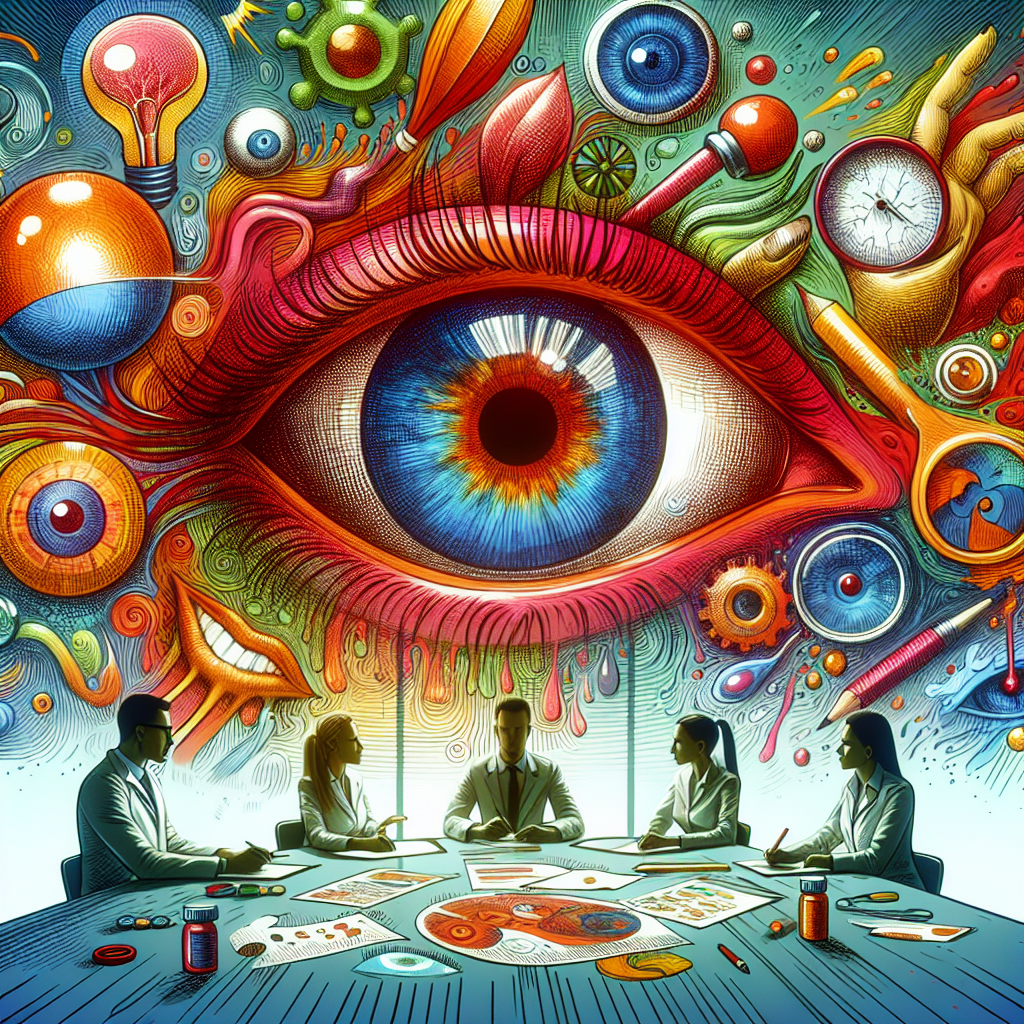Introduction
Our eyes are the windows to the world, the masterpieces of nature that illuminate our path every day. However, as with any masterpiece, they require diligent care and attention. In the bustling rhythm of modern life, it’s easy to overlook the subtle whispers of discomfort that our eyes may communicate. But ignoring these signals can lead to more profound issues that could dim the vibrant colors of life. Today, we will explore the four common eye problems that affect millions across the globe, sharing insights into their symptoms, treatments, and how to keep your vision crystal clear.
- Glaucoma
- Cataracts
- Macular Degeneration
- Diabetic Retinopathy
The Silent Thief: Glaucoma
Imagine a thief in the night, silently tiptoeing through your house, taking away precious possessions one by one. That’s what glaucoma does to your vision—stealing it gradually without noticeable symptoms until it’s too late. This condition is often linked to increased pressure in the eye, which can damage the optic nerve over time.
Symptoms
- Gradual loss of peripheral vision
- Pain in the eye
- Nausea or vomiting
- Redness in the eye
Regular check-ups are crucial, akin to installing security cameras to catch that silent thief before it invades further. For those experiencing discomfort or seeking comprehensive eye services, consider exploring our eye infection and stye treatments for clearer vision.
The Clouded Lens: Cataracts
A cataract forms like a cloud drifting over a clear sky, blurring the once sharp view of the world. This condition results from protein buildup in the lens of the eye, leading to cloudy or blurred vision.
Symptoms
- Blurry or double vision
- Sensitivity to light
- Difficulty seeing at night
- Fading or yellowing of colors
Treatment often involves surgical intervention, where the clouded lens is replaced with a clear artificial one. The National Eye Institute provides detailed information on cataracts, helping you understand more about this common condition.
The Dimming Light: Macular Degeneration
Picture yourself reading a book when suddenly the words begin to vanish from the center of the page. That’s macular degeneration—a condition that affects central vision due to deterioration of the macula, which is part of the retina.
Symptoms
- Distorted vision (straight lines appear wavy)
- Diminished or changed color perception
- Difficulty recognizing faces
- Dark or empty areas in central vision
Early detection is key to managing this condition effectively. The American Macular Degeneration Foundation offers resources and support for those affected by this condition. Learn more at AMDF’s website.
The Sugar Connection: Diabetic Retinopathy
In the intricate dance between sugar levels and health, diabetic retinopathy emerges as an uninvited partner. This eye condition is a complication of diabetes, where high blood sugar levels cause damage to blood vessels in the retina.
Symptoms
- Spots or floaters in your vision
- Blurred vision
- Dark or empty areas in your vision
- Vision loss
Preventive measures include controlling blood sugar levels and regular eye examinations. For more on managing diabetes-related complications, visit the Centers for Disease Control and Prevention’s guidance on diabetes and vision loss.
Key Takeaways
- Regular eye exams can prevent or slow down the progression of many eye conditions.
- Early detection is crucial for successful treatment and management of eye diseases.
- Maintaining overall health significantly impacts eye health, especially in conditions like diabetic retinopathy.
FAQs
Can lifestyle changes help prevent eye problems?
Absolutely! A healthy diet rich in vitamins and nutrients, regular exercise, wearing sunglasses outside, and avoiding smoking can all contribute to healthier eyes.
Are there specific screenings for these eye conditions?
Yes, ophthalmologists recommend different tests based on risk factors and symptoms. For instance, a dilated eye exam is essential for detecting glaucoma and diabetic retinopathy.
How often should I get my eyes checked?
The American Academy of Ophthalmology advises individuals over 40 to have a baseline eye disease screening. After that, regular check-ups depend on your risk factors and age.
Conclusion
Your eyes are not just an instrument of sight but a gateway to experiencing life itself. By understanding common eye problems and taking proactive steps towards maintaining good eye health, you ensure that your window to the world remains open and unobstructed—allowing you to savor every moment with clarity and vibrance. Remember to consult professionals for urgent care if any concerning symptoms arise. For more immediate concerns like an infected cut, find out whether it requires urgent care by visiting this helpful resource.











